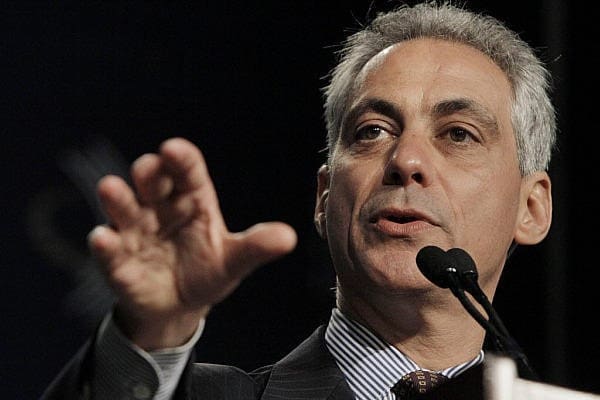By Omar Martínez González, Sr. Manager, Policy & Advocacy
CHICAGO, IL — AIDS Foundation Chicago (AFC) celebrates Friday’s passage of the Inflation Reduction Act of 2022 in the U.S. House of Representatives. The bill cleared the Senate last week and is headed to President Biden for his signature. AFC cheers the provisions that will allow the federal government to negotiate drug prices and reign in the pharmaceutical industry, which has for decades indiscriminately raised the price of drugs that people living with HIV and millions of Americans rely on to stay healthy. The bill also includes robust funding for combating climate change, changes to the tax code to make it more equitable, and the most consequential changes to health care policy since the passage of the Affordable Care Act.
On the health care front, this bill tackles the high cost of prescription drugs and makes health care more affordable for Americans, particularly Medicare recipients. Medicare is the federal health insurance program for people 65 and older and younger adults with permanent disabilities—including people living with HIV. Medicare alone accounts for over 50% of all federal funding dedicated to HIV care and services. Specifically, the bill:
- Allows Health and Human Services (HHS) to negotiate Medicare drug prices for the first time, beginning with 10 high-cost drugs starting in 2026, and then expanding to include other drugs.
- Imposes a rebate on drug companies for drugs covered under Medicare whose cost rises faster than inflation. This would apply to certain Part B drugs, and all Part D drugs with exceptions for those drugs that, on average, cost less than $100 annually.
- Imposes a $2,000/year cap on out-of-pocket spending on prescription drugs for Medicare Part D recipients starting in 2025. Currently, there’s no cap on spending.
- Imposes a $35/month cap on out-of-pocket spending on insulin for Medicare recipients.
- Eliminates cost-sharing for vaccines under Medicare Part D and for people on Medicaid and CHIP.
- Extends the Affordable Care Act (ACA) enhanced subsidies approved during the COVID-19 pandemic—which lowered premiums or made some plans free for low-income Americans and extended subsidies to higher-income Americans who previously did not receive support—for three years
This is a huge win for Americans as it lowers the cost of health care and paves the way for the government to negotiate lower prices on more medications. It is not yet clear whether HIV medications will make the list of high-cost drugs subject to negotiation. However, it is estimated that the drug price negotiations will save the federal government $288 billion over a decade, which is taxpayer money that can be reinvested into other priorities that affect people living with HIV. AIDS Foundation Chicago will continue to support any measure that makes health care accessible and affordable for more people.
The bill imposes a new 15% corporate minimum tax on the profits companies report to shareholders. AFC strongly supports provisions that will raise new revenue, and which hold large corporations accountable in paying their fair share of taxes.



